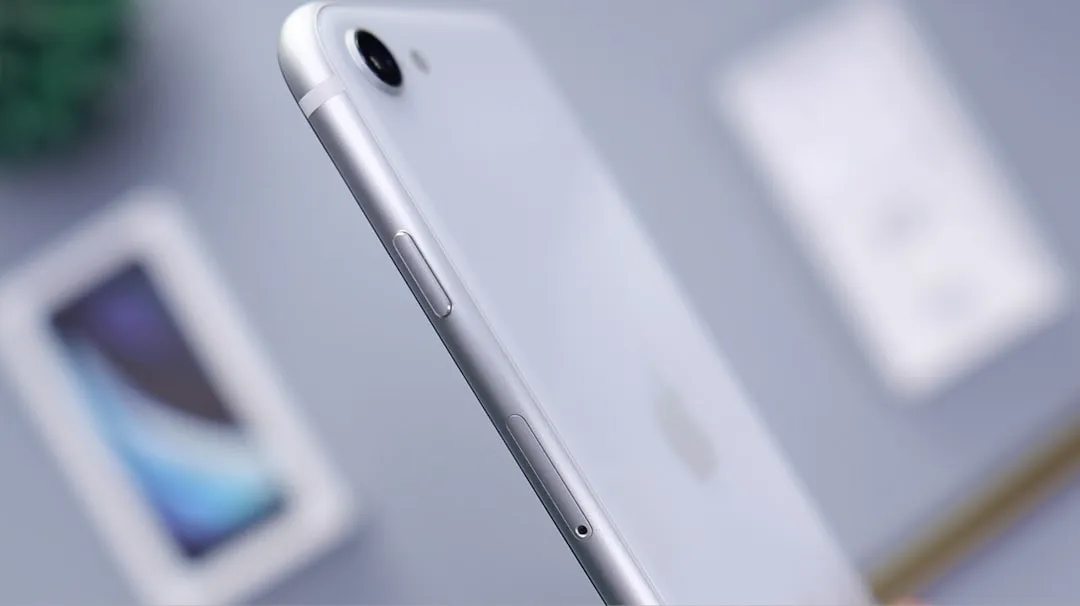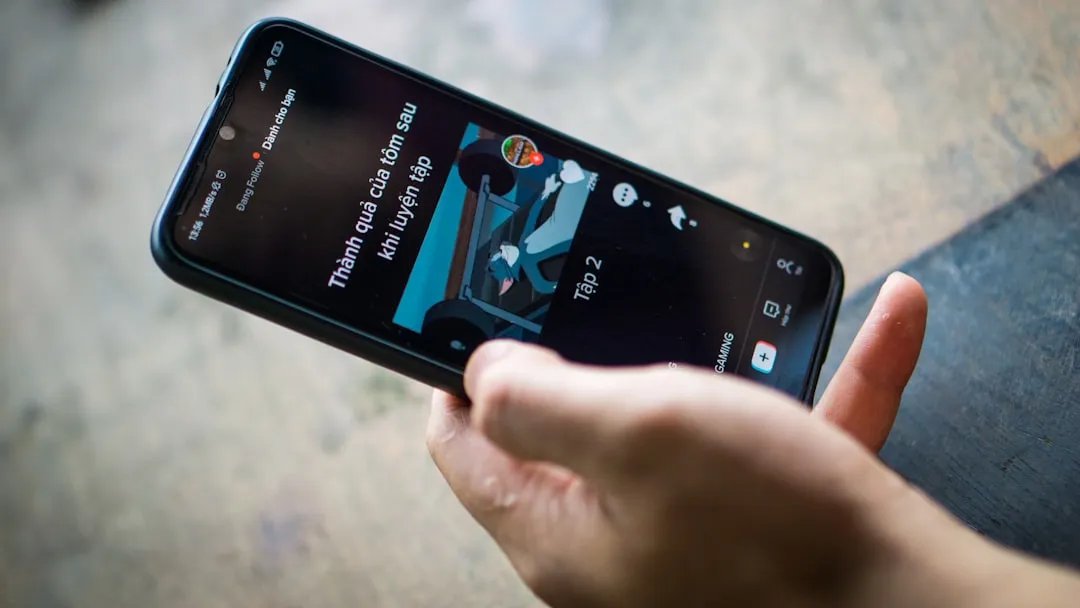If you've been holding off on upgrading your iPhone, the iPhone 17 Pro lineup might just change your mind. It could be Apple's biggest performance leap in years. About time, right?
The buzz around Apple's upcoming flagship is not just marketing hype, multiple industry analysts are reporting that the iPhone 17 Pro and Pro Max will pack 12GB of RAM. That is a 50% increase in memory, the largest single-generation RAM jump in iPhone history. What is driving it? Apple's growing commitment to Apple Intelligence, the suite of on-device AI features that need serious headroom. It feels like Apple is finally leaning into raw specs, not just finesse.
Why this RAM boost actually matters for everyday use
So why should you care? GFHK Tech Research analysts say both iPhone 17 Pro models, not just the Pro Max, get the 12GB configuration. Good news if you prefer the smaller phone without giving up top-tier performance.
In practice, you get faster app switching, better multitasking, and smoother operation with memory-hungry apps. Jump from the camera to Photos to Messages to Safari, then back to that editing session, and everything should still be right where you left it.
Gamers, this upgrade is for you too. Games will load faster and run more smoothly, especially big open-world titles with heavy textures. No more watching a game reload just because you replied to a text.
The real swing for the future, though, is headroom for AI. Extra memory enables improved on-device AI processing, faster response times for AI features, and support for more complex AI models. Not only do current Apple Intelligence features benefit, this opens doors to new ones that need more space to breathe.
On the spec sheet, Apple plans to use LPDDR5X memory technology. It brings higher bandwidth and lower power draw compared to LPDDR5. We are talking speeds up to 8.5 Gbps versus 6.4 Gbps, so not just more memory, faster memory. Expect snappier workflows in pro apps and creative tools.
How Apple finally catches up to Android competitors
Here is the part Apple will not shout from the rooftops, it has been behind on RAM for years. Most flagship Android phones in 2025 feature 12GB to 16GB of RAM, with Samsung's Galaxy S25 Ultra at 12GB and some Xiaomi and OnePlus models at 16GB. That headroom has helped Android phones handle complex AI tasks and multitasking more consistently. Apple's tight software optimization goes far, but there is only so much you can squeeze out of 8GB.
The iPhone RAM timeline tells the story at a glance, iPhone 14 Pro had 6GB, iPhone 15 Pro jumped to 8GB, iPhone 16 Pro stayed at 8GB. Now the rumored iPhone 17 Pro leaps to 12GB. That pause between 15 and 16 probably bought Apple time to shape its AI strategy and balance costs.
This shift is not just a spec race with Android, it signals Apple knows future-proofing devices for increasingly demanding AI and AR applications requires a different hardware mindset. The company that once said more is not always better is admitting that sometimes, more really is necessary for the next wave of experiences.
There is a manufacturing story here too. Moving to 12GB LPDDR5 across Pro units contributes to a 3.5% year-over-year increase in smartphone DRAM content across an estimated 100 million new iPhone units. That is a serious spend on premium components, a signal Apple intends to compete on raw performance, not just polish.
What this means for Apple Intelligence and beyond
Apple's push toward more on-device AI processing makes 12GB feel less like a luxury and more like table stakes. Running sophisticated models locally needs memory and compute, and 8GB was starting to feel cramped for advanced machine learning.
Industry watchers believe this boost is directly tied to Apple's AI strategy, letting devices handle heavier tasks without leaning on the cloud. This is not about chasing ChatGPT or Google feature by feature, it is about enabling new, privacy-friendly on-device intelligence for creative work, productivity, and AR.
The iPhone 17 Pro lineup is expected to debut in September 2025. Early chatter says the RAM bump is part of a broader overhaul, including a 48-megapixel telephoto camera and a 24-megapixel front camera, plus a redesigned camera module in a rectangular camera bar with rounded corners.
Worried about battery life? Fair. While more RAM typically uses more power, Apple may offset this with other optimizations, through better power management, smarter background processing, and the efficiency gains of LPDDR5X. Apple has a track record of balancing speed with all-day use, so expectations should stay high.
The bigger picture: iPhone 17's place in mobile evolution
This upgrade is a marker, not just Apple catching up. The smartphone market constantly pushes hardware limits to support new features, and memory is the new battleground as AI goes mainstream.
Timing matters. The iPhone 17 Pro's rumored 12GB upgrade would bring Apple in line with Android competitors right as consumers expect AI to be fast and local. Pair that with LPDDR5 memory technology aimed at AI workloads while improving efficiency, and you get a device built for pro and creative use.
It also marks a philosophical shift. Apple long argued that iOS efficiency meant it did not need as much RAM. For traditional tasks, fair point. But as AI workloads grow and users expect private, on-device processing, even the best software needs the right hardware to feel, well, magical.
Today's iPhone 16 Pro models contain 8GB of RAM, while standard iPhone 16 models have 6GB, and the rumored 12GB in iPhone 17 Pro suggests Apple is preparing for what comes next. Think real-time language translation that does not skip a beat, richer AR scenes without stutter, pro-grade creative tools processing complex data right on your phone.
Where do we go from here?
Bottom line, the iPhone 17 Pro's RAM jump is about more than a spec sheet. Analysts suggest this boost is primarily for expanding Apple Intelligence features, and those features are getting more ambitious. The move to LPDDR5X memory with speeds up to 8.5 Gbps means the memory is not only bigger, it is faster and more efficient, the kind of change you feel in day-to-day work and play.
The iPhone 17 Pro reads like Apple's acknowledgment that the future of mobile belongs to great software and serious hardware working together. After years of leaning on the former, Apple is putting real weight behind the latter, and users stand to gain from phones that finally act like pocket computers.

























Comments
Be the first, drop a comment!